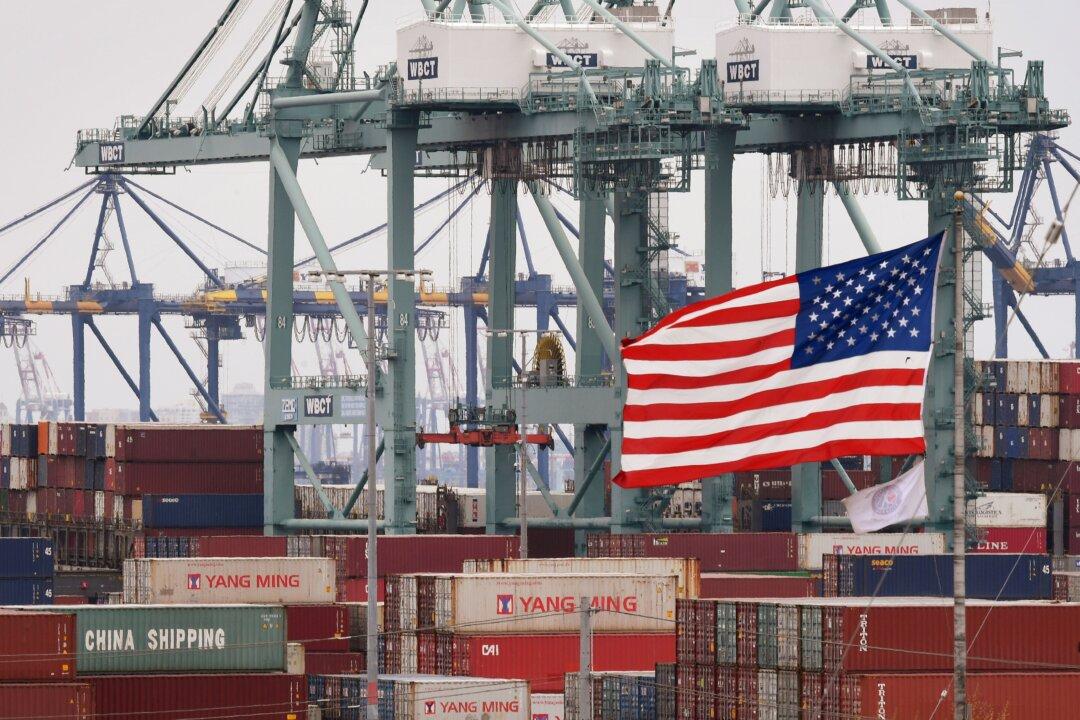News Analysis
The Trump-era tariffs on Chinese goods should remain in place until the Chinese regime refrains from engaging in unfair trade practices.

The Trump-era tariffs on Chinese goods should remain in place until the Chinese regime refrains from engaging in unfair trade practices.